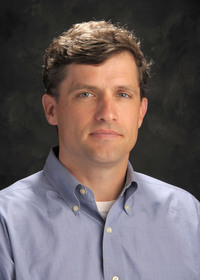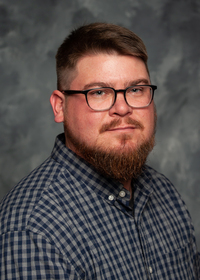Information Possibly Outdated
The information presented on this page was originally released on January 5, 2021. It may not be outdated, but please search our site for more current information. If you plan to quote or reference this information in a publication, please check with the Extension specialist or author before proceeding.
Water-testing program recruits child care centers
STARKVILLE, Miss. -- The Mississippi State University Extension Service invites child care centers in 14 Mississippi counties to volunteer for a free water-testing program.
The Sip Safe program, funded by a grant from the Environmental Protection Agency, is working to reduce lead exposure in children ages birth to 5 years by screening water in qualifying schools and child care facilities. The initial recruitment phase is focused on child care centers in select counties.
Child care center directors interested in participating should contact the coordinator for their counties:
For Coahoma, Issaquena, Leflore, Quitman, Sunflower, Warren or Washington counties, contact: Vanessa Parks, University of Mississippi Lead in Drinking Water Team, 662-589-2184 or vparks@olemiss.edu.
For Calhoun, Claiborne, Copiah, Hinds, Jones, Lauderdale or Webster counties, contact:
Nelson McGough, MSU Extension Service, 662-325-0849 or nelson.mcgough@msstate.edu.
Extension staff and partners from the University of Mississippi Lead in Drinking Water Team will test water for lead, train faculty to use safe practices for reducing lead in drinking water and share educational materials with participating centers. Sip Safe program representatives will protect the health and well-being of children and staff by following recommended protocols related to the pandemic.
For more information, visit http://extension.msstate.edu/natural-resources/water/sip-safe.
Sip Safe is a joint project of MSU Extension, Mississippi Department of Health, Mississippi Bureau of Public Water Supply, Child Care Licensure, Mississippi Department of Education, Mississippi State Chemical Laboratory, University of Mississippi Sea Grant Law Center, and Lead Poisoning Prevention and Healthy Homes Program.



